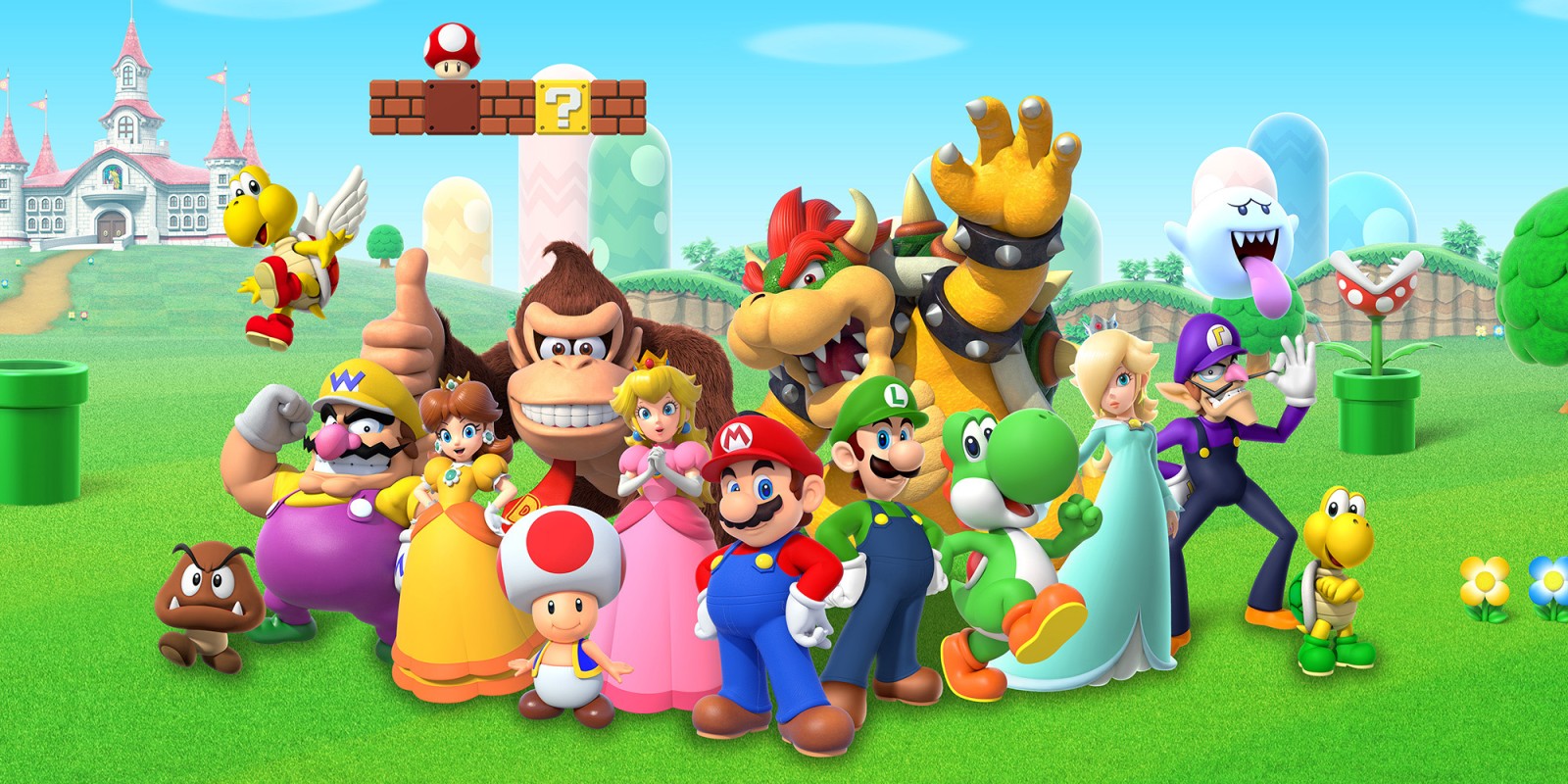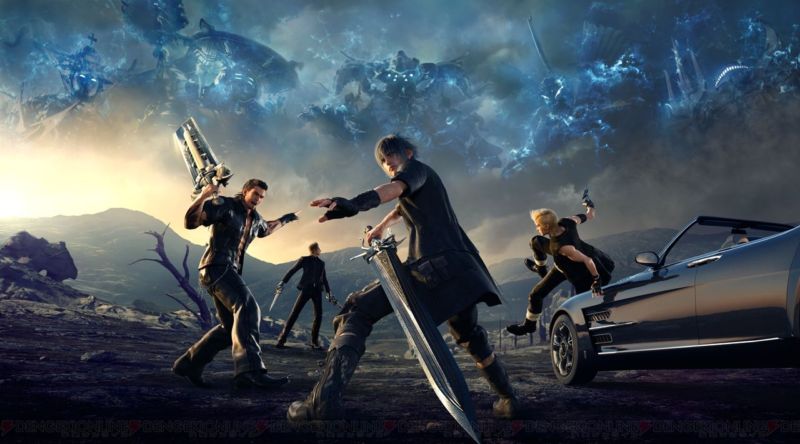Oh, Nintendo. If a gamer were asked who the strictest gaming company is, many would answer Nintendo without much hesitation. Although it’s difficult to tell whether or not Nintendo has poor inner conflict management, they certainly demonstrate poor conflict management in the way the deal with their business partners.

1) Nintendo’s Long History of Partnership Massacre
Working with Nintendo can’t be easy. They tend to break contract with all sorts of companies, big or small, at a moment’s notice.
For example, Nintendo partnered with Sony back in 1990, but broke contract with Sony to partner with Phillips. Ironically, this not only lead to the creation of arguably the worst of Nintendo’s Legend of Zelda video games of all time, but also lead Sony to producing their own console called the ‘Playstation,’ which Nintendo thought nothing of until it single handedly tripled Nintendo’s N64 console sales and turned into their biggest competitor. And due to the fact that the Phillips CDI was an enormous commercial failure, Nintendo supposedly cut ties with Phillips as well.

Besides creating their biggest competitor, Nintendo tends to back out of numerous small deals as well. Back in 2014 Nintendo cut connections with the company Activision, temporarily losing their Skylanders partnership in a time when game-and-toy combinations were at their peak. In the same year they spontaneously cut ties with EA supposedly over low sales of the Wii-U and EA’s associated Wii-U games.
Nintendo also strictly limits streamed content of their games online. Nintendo legally cannot stop streamers and content creators who use their games under fair use for commentary, but they have repeatedly filed copyright claims against online content creators such as Videogame Dunkey, Boogie2988, and the Game Grumps, leading to considerable bad PR online. They also released the controversial Nintendo Creators Program, which takes 10-20% of all content creators revenue for the privilege of releasing any Nintendo content on their platform; even on just one video.
All in all, Nintendo doesn’t really maintain good conflict management with their partners or promoters.
2) Why does Nintendo have such poor conflict management?
The easiest answer is because they can afford it.
Nintendo is unique in that an overwhelming majority of their creative property is exclusive to their hardware: to get games such as The Legend of Zelda or Super Smash Brothers, one must first invest in their gaming systems. This is not 100% unique to Nintendo: Final Fantasy, Bloodborne, and Titanfall are just a few examples of PlayStation 4 exclusive titles. However, Nintendo hordes ‘full exclusive’ games that never, ever cross platforms as this website visually demonstrates. PlayStation 4 and Xbox, in comparison, have more titles, but more semi-exclusive or timed exclusives such as Final Fantasy, which eventually moved to PC or Xbox release.

As a result of these full exclusive titles, Nintendo is generally extremely slow to drop prices on their games compared to competitors . Since there is no waiting for the game to go to a competitor console, buyers will always have to get the game from Nintendo, so there is no rush to drop any prices. In addition, Nintendo’s use of digital downloads over CD’s or cartridges result in more games sold by limiting replay ability to a certain device or account.
This exclusivity may be attributed to Nintendo’s success: The newer 2017 release Nintendo Switch has already sold over 36 million copies . To put that in perspective, the PlayStation 4, the most successful modern console, has sold 100 million copies since 2013. Games that drive the Nintendo Switch’s success are titles such as Breath of the Wild, Mario Odyssey, Mario Kart, and Fire Emblem.
3) How Could Nintendo Improve?
It’s difficult to say exactly where Nintendo could improve because where their deals tend to fail are under tight lock and key. Was it due to interpersonal relationships between the companies? A bad sale or bad proposal? Scheduling conflict? No one knows for sure.
However, there are some general things that I believe Nintendo could do to improve their conflict management.
Nintendo is, first and foremost, a Japanese company. Japanese and American companies have a few fundamental differences. For example, Japan follows a very rigid social structure called “tatesyakai” which more or less doesn’t allow lower employees to question the decisions of hire ups. In my personal opinion, this can lead to knee jerk reactions like stabbing Sony in the back which goes against the readings suggestion of developing a situational approach or methodology to manage conflicts (291). However, one cannot change culture.
To really get a grip on how Nintendo could change, one would really need to know more about the inner workings of the business, which Nintendo keeps a tight cap on. How do you think they could change to better manage conflict?
0 Comments